A fun way to spark childhood memories for your memoir
Music is one of the most immediate ways to tap into childhood memories—so listen to some nostalgic songs before sitting down to write your life stories.
Revisiting journals from our adolescence and poring through old family photos are tried-and-true ways to call forth memories to be mined during memoir writing. If you want to get a little more creative, though—and tap into your senses—try these two super-fun ways to travel back in time.
Using the senses to trigger deeply hidden memories
Surround yourself with smells from your childhood.
When I was reading Prince Harry’s blockbuster memoir, Spare (a wonderfully engaging read, perhaps because of his celebrated ghostwriter), I earmarked a page where Harry describes bringing “Mummy’s favorite perfume” to his therapist’s office in an ongoing effort to revive memories about her he had long regarded as “dead.”
“I read somewhere that smell is our oldest sense, and that fitted with what I experienced in that moment, images rising from what felt like the most primal part of my brain.” He goes on to describe quite a few “resurrected memories” of the late Princess Diana—painful memories that had been suppressed, but joyful ones, too: “The sound of her laughter that day, lost to me all these years, was back—it was back. Loud and clear as the traffic outside the therapist’s windows,” he writes. “I cried with joy to hear it.”
Smell is indeed our oldest sense, and it apparently has a direct pathway to the brain, putting us in touch not just with raw experiences but with the emotions tied to them.
Probably the most familiar experience of smells transporting us back to a sense memory is the scent of baking bread or chocolate chip cookies—or any comfort food we associate with a parent or grandparent. But like Harry’s reaching for his mom’s perfume, there are plenty of other smells we can seek out to spark memories of an earlier time in our life or of a lost loved one. Think childhood perfumes (Love’s Baby Soft, anyone?) or mom scents (Jean Naté? Pond’s Cold Cream? Noxzema?). Think dad smells (cigar smoke? musky cologne? car grease? sawdust?).
What did your school smell like? The hospital where you had an extended stay? How about your granddad’s Oldsmobile, that never seemed to shake that new car smell? Where does fresh-cut grass take you? The sulfurous scent of the marsh where you played with your siblings?
Thinking about—and naming—the scents of your past will help ground your autobiographical writing. Returning to those scents intentionally (like Harry did with his mom’s perfume) can go a step further and literally draw out those memories. Try it, and please, let me know how it goes! I am especially curious to hear just what smells evoke vivid memories for you.
Make a playlist of nostalgic songs.
My husband and son’s birthday gift to me this year was tickets to A Beautiful Noise - The Neil Diamond Musical on Broadway. For a little context: When I was a kid, Neil Diamond was part of the soundtrack of our home. My mom would turn the volume up loud enough to be heard over the vacuum cleaner when she was doing chores! While Simon and Garfunkel or Tom Petty might be playing on any given day, Neil Diamond was always—always!—in rotation.
I knew the words to every song (though I would never admit to that—I didn’t deem him cool enough…he was “mom” music). At some point as an adult I did go to a Neil Diamond concert with my mom, though even then I was ambivalent, singing along on the inside while my mom danced excitedly and sang loudly.
These days I mostly belt out “Sweet Caroline” with all the other revelers at wedding receptions and occasionally hear a hit on Sirius, glad to be reminded of my mom. So I was caught off guard with how fervently my emotions swelled up during the Broadway show. Hearing songs I hadn’t heard in years literally transported me to my childhood living room.
When I came home, I looked up Neil Diamond’s discography on Spotify and did a deeper dive. And I remembered even more. Silly songs from his first Hot August Nights album that I definitely haven’t heard since childhood—“Porcupine Pie” and “Gitchy Goomy”—created a sense that no time had passed. I felt like I felt as a seven-year-old girl; I giggled; I almost cried. I honestly don’t think I would have ever had access to the memories these songs called forth without them. It was a prime time to pick up a pen and start writing about that time in my life.
What songs would make your nostalgia playlist? Are there musical artists that your parents listened to on repeat? Are there songs that have the power to transport you back to your teen years?
Make a playlist of these songs and listen for a while before sitting down to work on your memoir. Even if the songs don’t spark specific episodic memories, they’re sure to put you in a certain mood that just may come through in your writing.










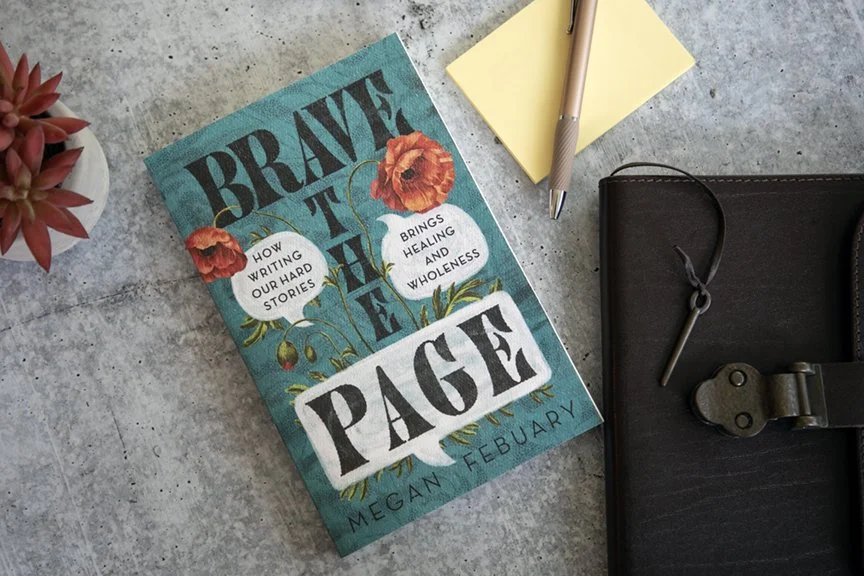


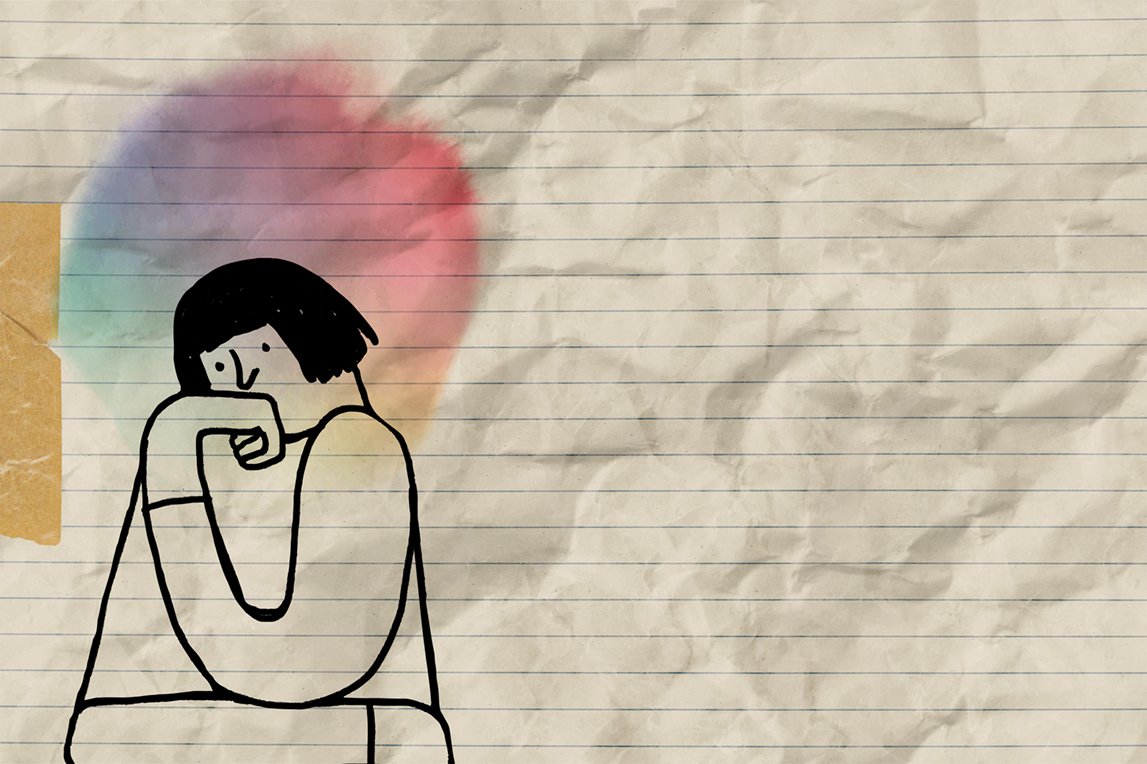



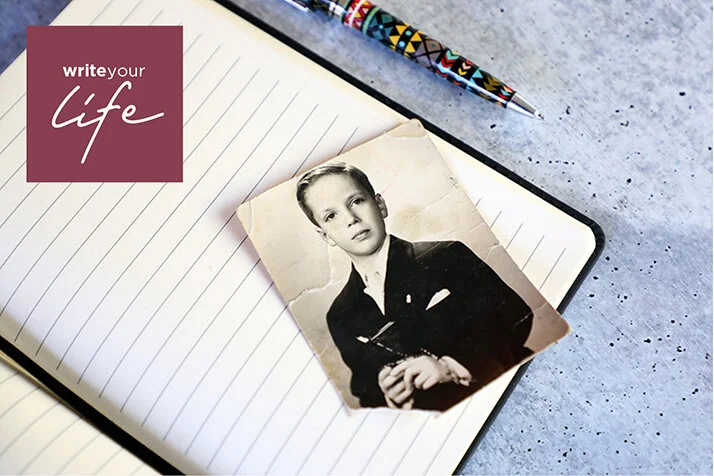





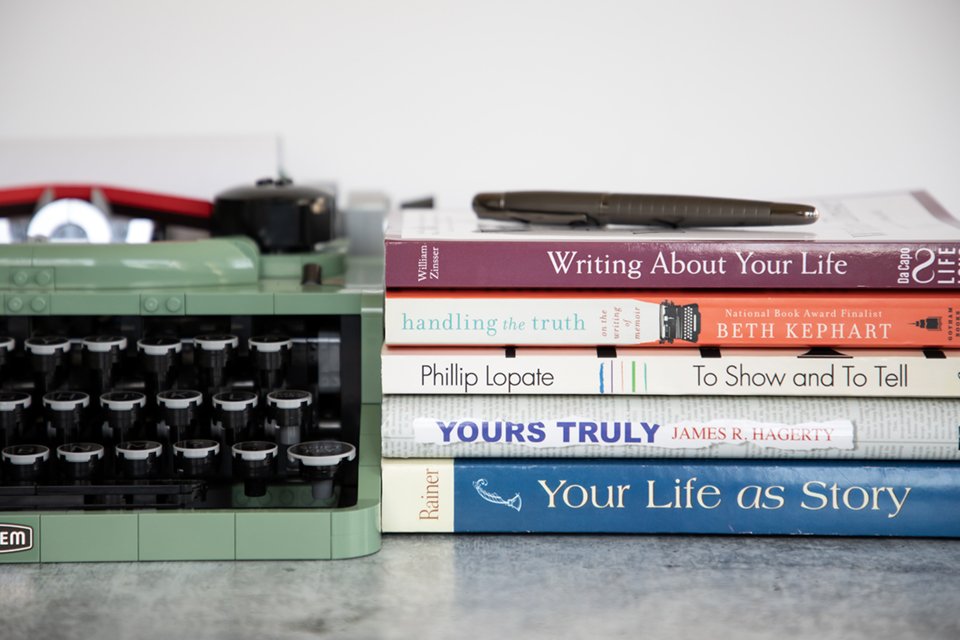



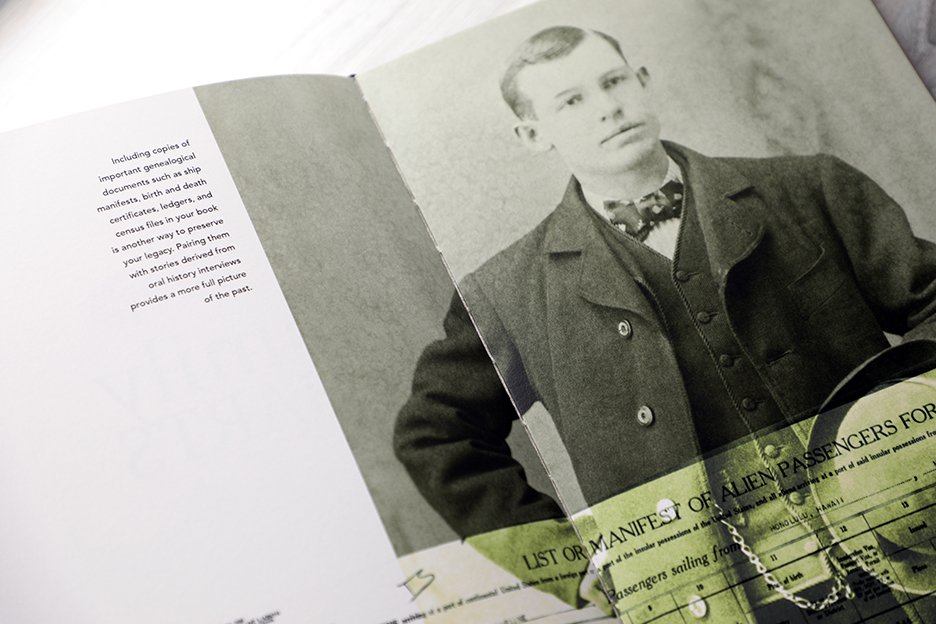

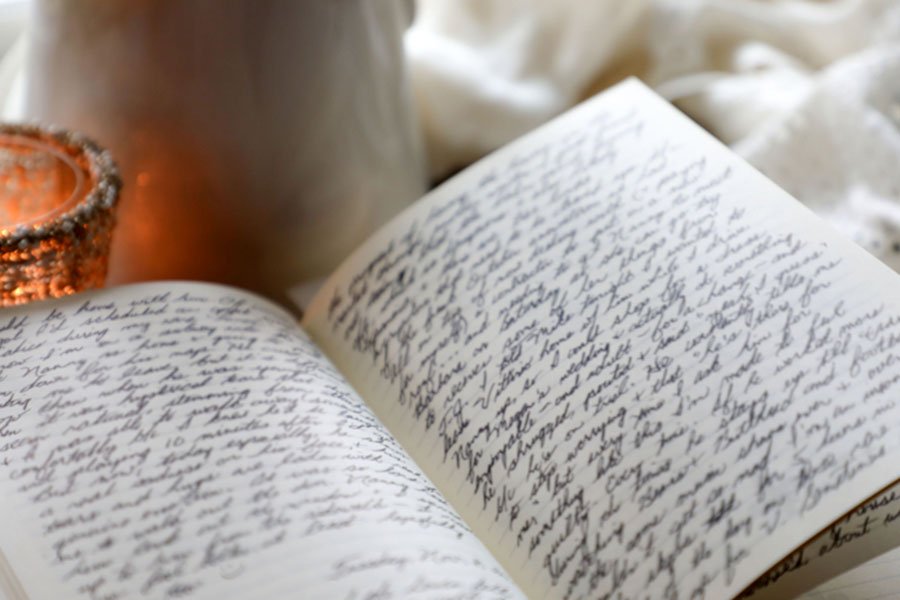

Words from seasoned memoirists remind us that writing about our lives isn’t just an act of preservation—it’s an act of connection, reflection, and courage.